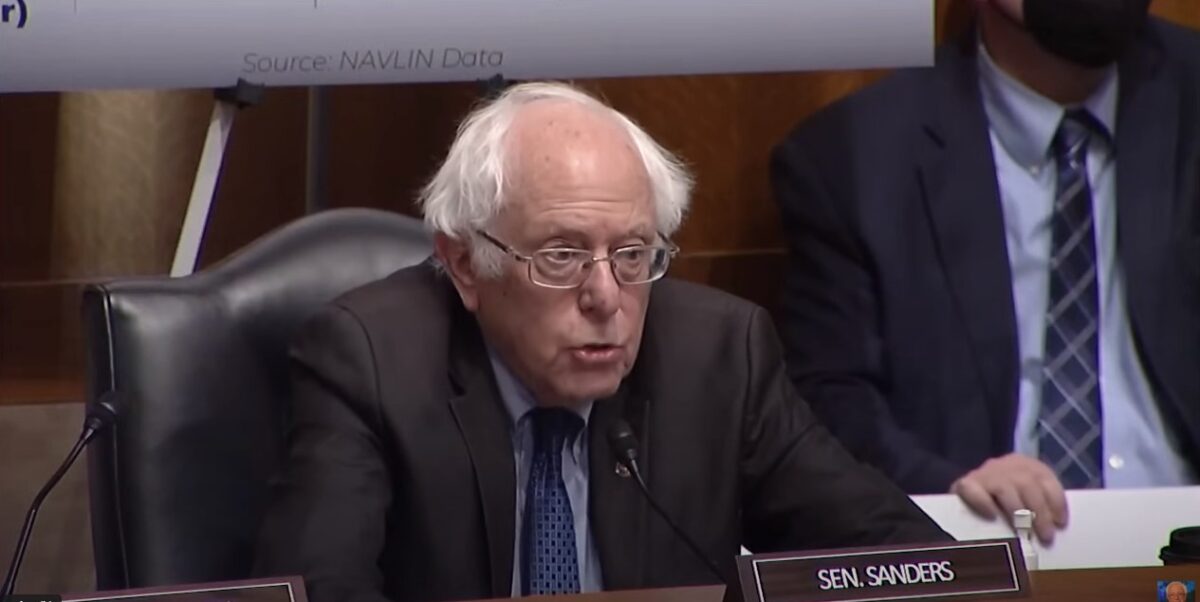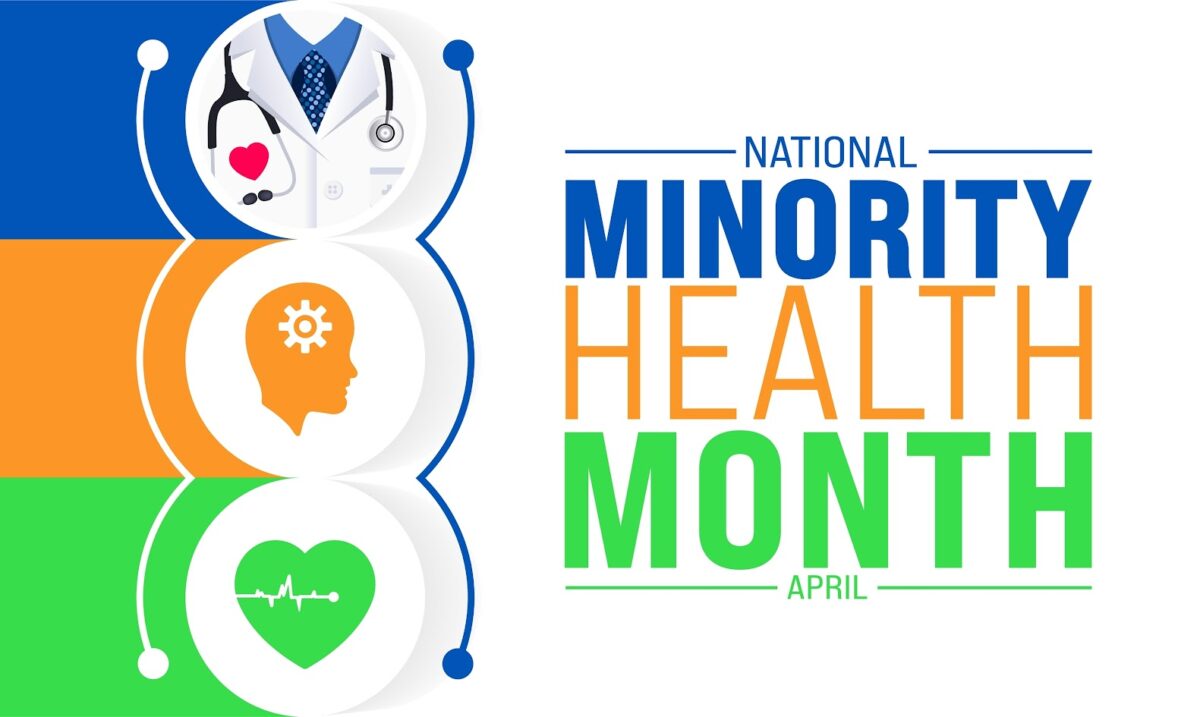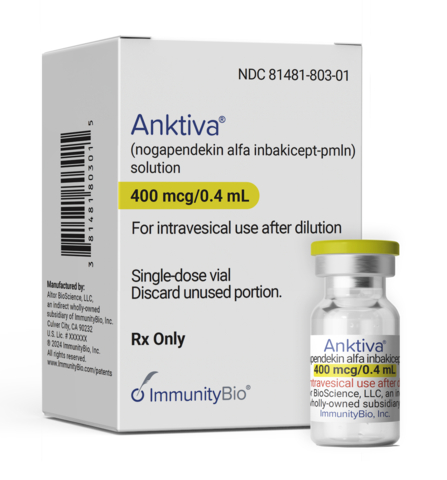Amid skyrocketing cases of Omicron across the US and worldwide, the US Food and Drug Administration (FDA) has made a couple of amendments to the emergency use authorization (EUA) of Pfizer/BioNTech’s COVID-19 vaccine, including a booster dose for individuals between 12 and 15 years of age.
The offering of a third dose for this age group now makes all individuals 12 years of age and older eligible for a single booster.
The FDA is also allowing for a third dose for some younger children between the ages of five and 11 who are immunocompromised; the third dose will be part of the primary vaccination series for this group and not a booster.
To help speed up the uptake of boosters, the regulator has also reduced the time between the second dose of a primary two-dose series and a booster dose to five months; the previous guideline was to have a gap of “at least six months.”
As of January 1, 2022, Omicron makes up 95.4 percent of COVID-19 cases in the US, according to the Centers for Disease Control and Prevention (CDC).
Last week, the CDC updated its guidelines on quarantine and isolation rules for the general public. Individuals that test positive for COVID-19 are required to isolate for five days instead of the prior guidance of ten days if they are asymptomatic or if their symptoms are getting better, and wear a mask for five days thereafter. The CDC said this change is based on scientific evidence that shows most transmission occurs early (one to two days before symptoms, and two to three days after) during the course of the infection.
Unvaccinated individuals or those who received the second dose of an mRNA COVID-19 vaccine more than six months ago that are exposed to someone with COVID-19 are required to quarantine for five days, while individuals who have received a booster do not have to quarantine but should wear a mask around others for ten days.
Related: Pharma Rivals Step Up to Assist with COVID-19 Vaccine Production
The FDA’s booster updates are based on accumulating evidence showing the benefit of a booster dose against the Omicron variant. The FDA says this includes peer-reviewed data from several labs which shows that an additional shot improves antibody responses to help fight Omicron.
Additionally, real-world data from Israel shows no new safety concerns associated with boosters where more than 4.1 million people over the age of 16 have received additional doses. This includes safety data from over 6,300 individuals between the ages of 12 and 15 who received a booster dose of the vaccine at least five months following completion of the primary two-dose vaccination series. According to the data, there are no new safety concerns with boosters in this age group, including no new cases of myocarditis or pericarditis reported to date. This is positive news as there were concerns of the inflammatory heart conditions being seen in this age group following vaccination with mRNA COVID-19 vaccines, but the incidence has been very low, making it a very rare side effect.
Based on the evidence, the FDA said it “determined that the protective health benefits of a single booster dose of the Pfizer-BioNTech COVID-19 vaccine to provide continued protection against COVID-19 and the associated serious consequences that can occur, including hospitalization and death, outweigh the potential risks in individuals 12 through 15 years of age.”
The CDC has backed the FDA’s amendments to the EUA for the Pfizer/BioNTech COVID-19 vaccine. The CDC had already updated its recommendation for an additional dose of the vaccine to be included in the primary series (to make it a three-dose series) for immunocompromised children between five and 11 years of age. This is because children who have had an organ transplant or have conditions that may compromise their immune system may not sufficiently respond to two doses, necessitating an additional dose as part of the primary series for full effect. The third dose can be received 28 days after administration of the second one. The FDA said that children five to 11 years of age who are not immunocompromised do not need a third dose at this time; however, it will continue to review information and if emerging data supports the need for one at a later time, then it will act accordingly.
While the CDC updated its recommendation for shortening the time interval between the second dose of a primary series with the Pfizer/BioNTech vaccine and a booster dose for individuals 12 years of age and older, its recommended interval of two months for a booster dose of the J&J vaccine and six months for the Moderna vaccine remain unchanged.












Join or login to leave a comment
JOIN LOGIN